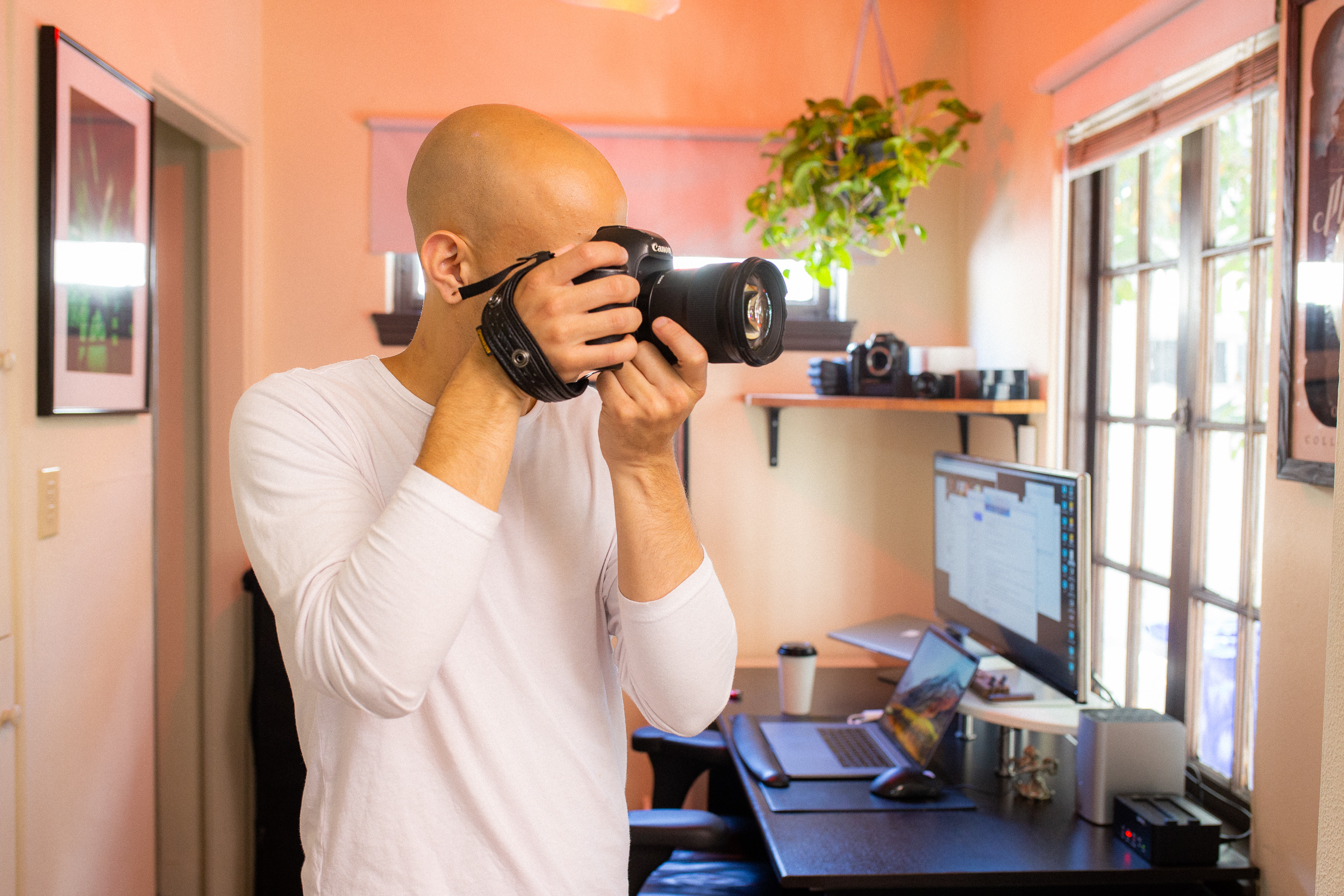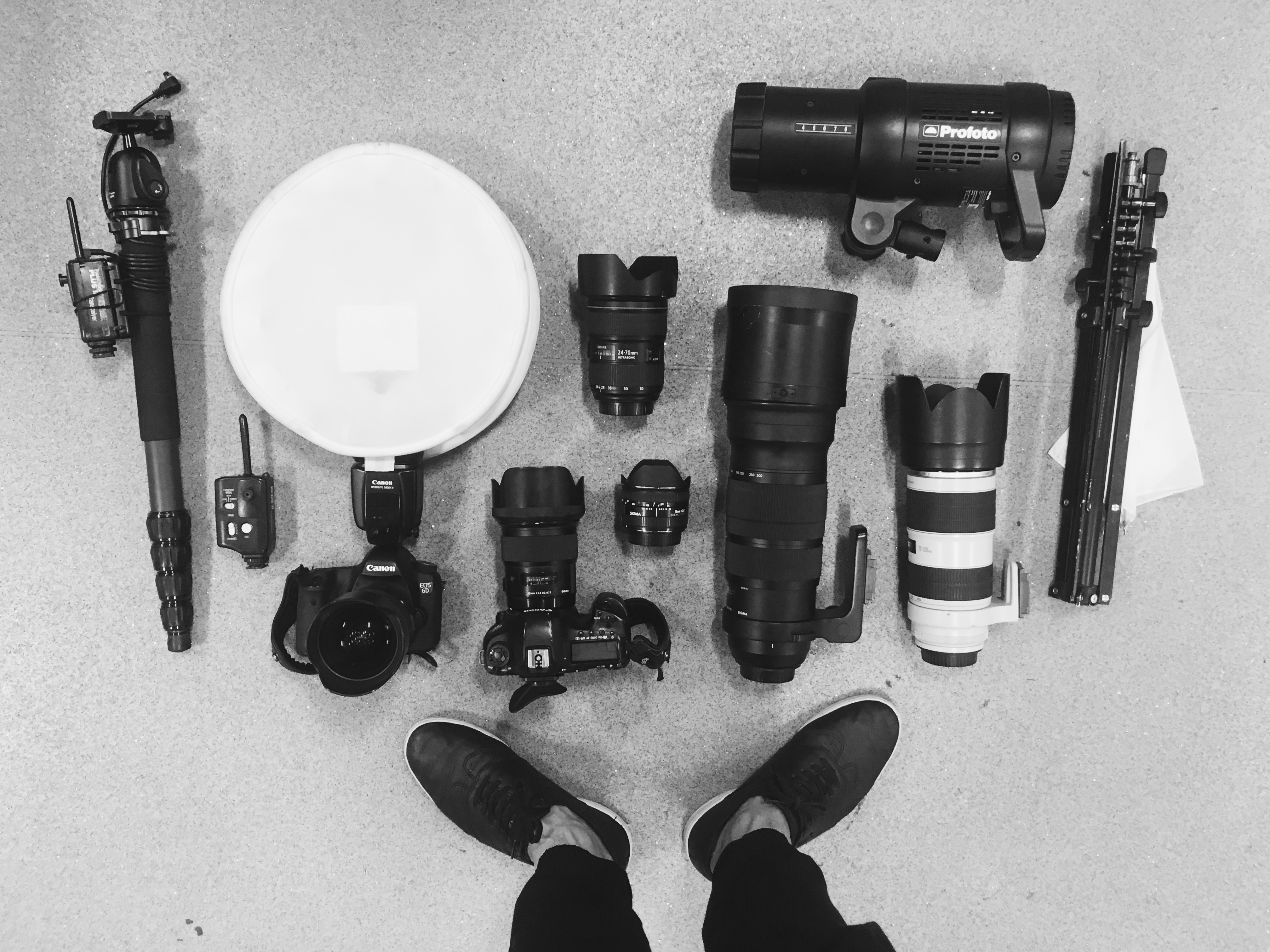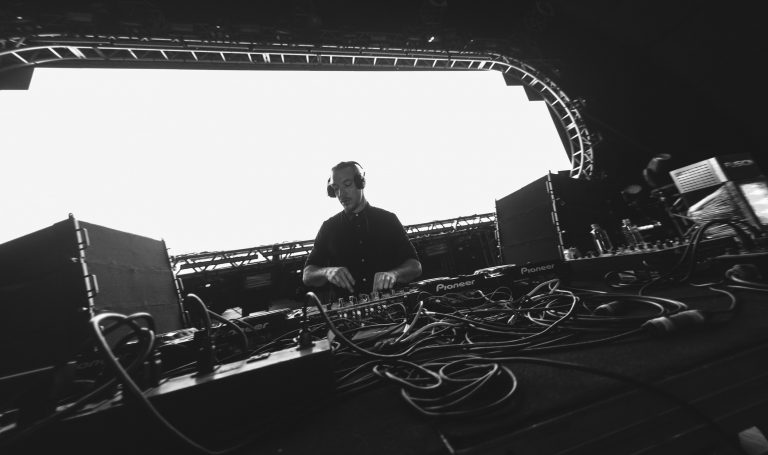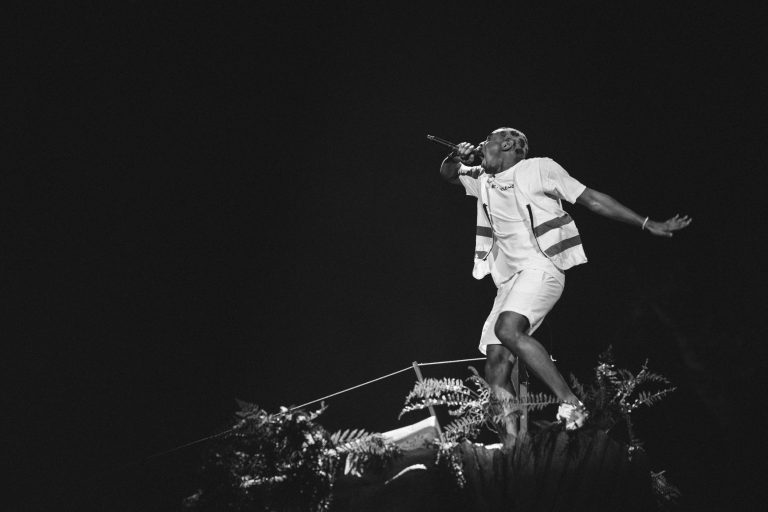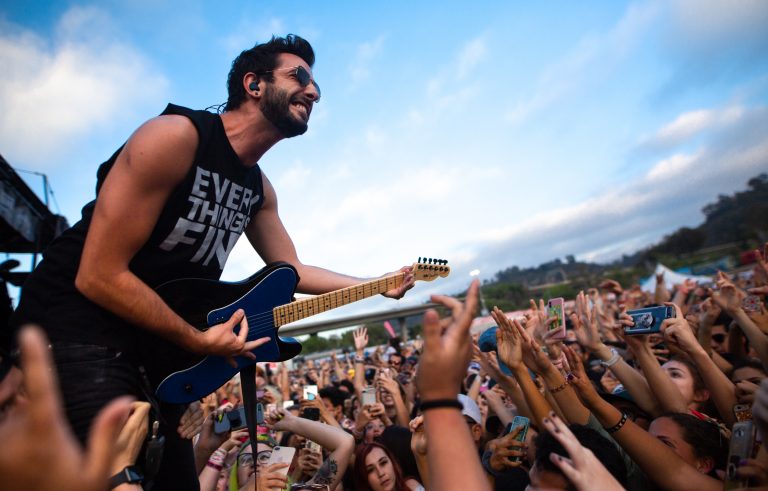This is going to be a quick (errrr) and easy guide to what camera to get when starting concert photography. I literally get this question daily. I keep telling people to go to dpreview.com – which is good, it’s an amazing site you can compare cameras side by side and they even have these amazing buying guides. So do that. But I figure rather than just tell you what to get, I teach you how to understand what you need. There are a lot of cameras and they all do the same thing more or less – take pictures – some just do it better than others. So, here is what I suggest. Oh yea, video version.
Music photography. Dark, lots of weird colors, fast moving lights, sweaty environments with people falling on your head while you try to create or capture art. Welcome to the ever-challenging life of a music photographer. Once you get past the wild uncontrolled yet kind of controlled hectic-ness of a concert you can really start to hone in on your photography skills. Of course these skills develop over time while you do it with the help of a tool – well, a few tools. We are talking camera bodies – oooo lala – and camera lenses.
First things first. Cameras, they are like computers. They get old, they get crappy, and you are going to have to get a new one. Lenses, they are like… I have no idea what they are like. Give me an analogy and I’ll add it in here later – but they last forever. Seriously, people are using lenses from tens of years ago. So they are an investment that will last. Lenses can also cost much much more than your camera body. Something to keep in mind when purchasing gear.
Alright you probably have a few things to take into consideration if this is your first time buying a camera. Firstly, and most importantly – how much money do you want to spend? Because obviously, like most things in life – the more money you spend the better your camera will be. Well, there are a few exceptions *cough* Leica *cough*. Just kidding, the cameras are amazing. But seriously, that is how it works. Now do you need the top of the line camera to take pretty good photos? Of course not – you just need something that works, and works for the job you are doing.
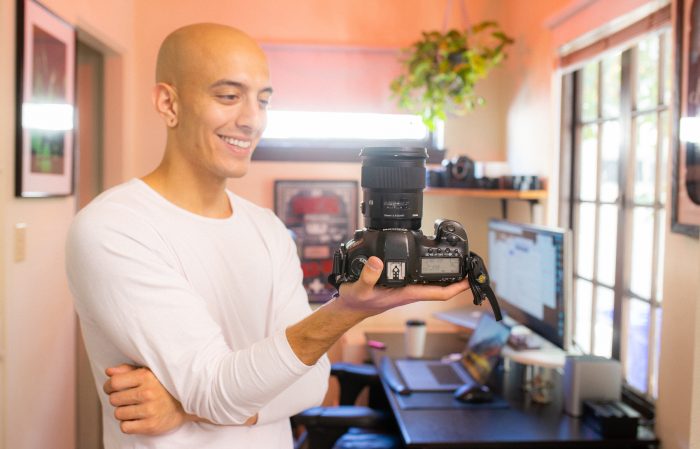
Budget
Establish how much you want to spend. You are going to have to at least spend a couple hundred – or maybe you are getting something used off Craigslist although I do not suggest this with cameras unless you know how to test for a broken sensor or something of the sort. Cameras break in ways you might not even know and it will just cause you some stress.
System
Next is system- or the brand. Whatever you want to call it. The big ones are Canon and Nikon– and they are reliable and always going to work. Canon and Nikon have DSLR – or Digital Single Lens Reflex. They are pretty much the same thing for the most part and I wouldn’t stress. Just personal preference. Recently Sony has been taking over with their Mirrorless cameras and I understand why. Don’t spoil yourself on your first camera. The most important part is that you camera can operate in full manual mode. This will allow you to take full control of every image and really learn how to use your camera.
Now there are a few things that come into play when looking to shoot a concert… and I will tell you about ‘em. Unfortunately most of these things make cameras a bit more pricey, but we will try our best here.
Burst Speed
You want a camera with a fast burst speed. Just a few photos a second should cut it. You don’t need the twelve frames a second that some of the top end cameras do, just something so that you can start taking pictures when someone jumps up in the air and by the time they land you have already taken at least three images.
Quick Auto Focus
You want to be able to lock onto your subject and hopefully keep that focus, this allows you to press the shutter (take the photo) without a delay. Fractions of a second are crucial with fast moving subjects.
Fast Shutter
This also has to do with your lens and your focus- but having a camera that can take a photo quickly is key. You want to press the shutter and immediately have it click. If it doesn’t do this, do not get the camera, You will always capture the moment after the moment you want and it’s very frustrating. Please go to a camera store first and try them out. You have to see it for yourself.
Weather Sealed
If you are going to be shooting outdoor festivals, this is something to keep in mind. Most cameras as they increase in price will always have this, but some of the cheaper ones won’t. However a plastic bag over your camera (make sure you guy a hole for your lens) will work just fine!
Battery Life
All DSLRs for the most part will have great battery life assuming you don’t play Tetris on your touchscreen in between bands or something. Mirrorless cameras on the other hand just aren’t as great. The most recent release of Sony is much better – but I would stray from the older mirrorless cameras if this is a concern for you.
Megapixels
Honestly don’t worry about Megapixels. They matter, but not as much as they make you think they should. Just don’t get a camera that is more than five-ish years old and you should be solid.
Low light Performance
This is the hardest one. Well, its one of the most expensive things. The annoying part is that once you can probably afford the best low light performance camera – you wont even need it. Usually the bigger the show / production – the more bright the lights are! I photographed Coachella a few weeks ago and was shooting at 100 ISO. Generally the higher the ISO can go on a camera – the better it is at low light. So if you camera can only go to 6400 ISO, you are probably going to want to never shoot with it at 6400 ISO. But if it goes all the way to some ridiculous 100s of thousands of number, it probably preforms just wonderful at 6400 ISO.
As you get more and more expensive cameras you are going to start wondering why is this Canon $5,000.00 more than this other Canon? They look almost identical. And the reasons won’t make sense off the bat, in fact you probably won’t notice that big of a difference other than the sheer weight and size of the things especially when you are starting out. The camera does take *better* photos the more expensive it gets. But that doesn’t mean that your cheaper camera isn’t capable of taking great photos. When you start to realize on a daily basis what your camera does not do very well AND it is effecting your shooting …. well – that is when it is time to upgrade.
In Conclusion!
SO now you have all the info? What next? My suggestion is go to a camera store – you don’t have to buy the camera from the store but it is a great way to try them out. Get a feel for what you might like and then order it online from B&H photo as it is tax free this way. I use my local camera shop for sensor cleanings, developing film, and buying and odds and ends I need last minute, but for the most part it’s cheaper to just buy a camera online.
So now that you know, here are your starting camera options nicely laid out with their prices. All of these cameras work, just depends how much you need them to do and how much you want to invest. I do encourage you once again to use dpreview.com’s side by side comparison, it is amazing.
Canon has the most low level options. All the cameras scale, so the more expensive they get – generally the better they are. There are a few exceptions such as some cameras shoot a bit slower
$700 – Canon EOS Rebel T7i – Canon EOS REBEL T7i Body
$700 – Canon EOS M50 – Canon EOS M50 Mirrorless Camera Body
$385 – Canon EOS 4000D – This isn’t out yet, but it is super cheap!
Nikon is very similar to Canon, and again as the prices in crease, so does the quality of the camera. These are the current starting cameras
$400 – Nikon D3400 – Nikon D3400
$600 – Nikon D5600 – D5600 DX-format Digital SLR Body
Sony’s cameras are a bit more expensive, this is the cheapest one I could find. However their cameras in my opinion should be a goal for everyone to eventually own, they are absolutely beautiful but might be a tiny bit of overkill for a starter.
$430 – Sony SLT-A68 – Sony SLT-A58K Digital SLR Kit with 18-55mm Zoom Lens (Black)
As you shoot with your first camera you will slowly start to understand why you need a more expensive body and how it will help, until then just stick with the cheapo bodies, and slowly upgrade as you see fit.
First lens?
First lens that didn’t come with your camera? 50mm f/1.8 – The Canon model is like $100 and plastic and beautiful and performs well in low light. Other companies don’t offer quite the same, but they are similar. Make sure you get a lens that can mount on your camera! Lenses are much more reliable to get used than cameras. But still, be careful.
$115 – Canon – Canon EF 50mm f/1.8 STM Lens
$215 -Nikon – Nikon AF-S Nikkor 50mm f/1.8G Lens
I hope this all helps, as always if you have questions – just reach out. I don’t really have comments anymore because I was getting too much spam, so just reach out. Instagram, twitter, facebook, e-mail. I might not get back to you right away, but I will get back to you eventually.
